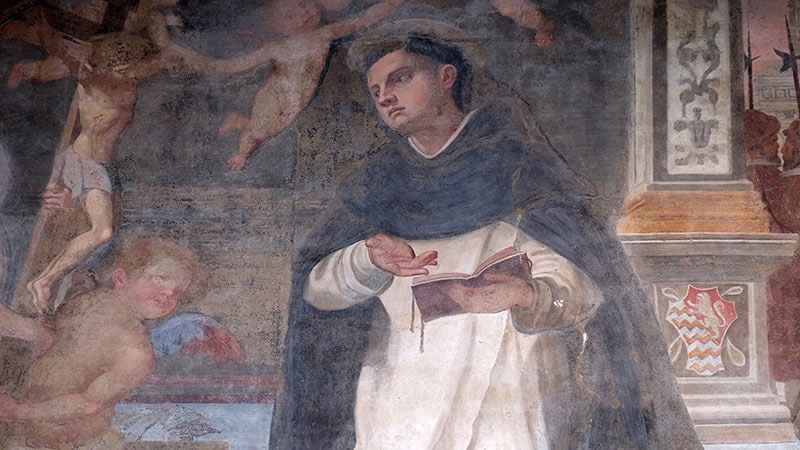Uncovering the Truth Behind Thomas Aquinas' Death
The article delves into the investigation conducted by a team of medical students and a neurosurgeon to determine the cause of death of Italian theologian Thomas Aquinas nearly 750 years ago. By analyzing historical accounts and examining a skull believed to be his, they concluded that chronic subdural hematoma was the likely culprit. Aquinas, known for his influential writings and efforts to reconcile science and religion, died at the age of about 48 after hitting his head on a tree branch. Various theories about his death, including poisoning and strokes, have been debunked, with the evidence pointing towards a chronic subdural hematoma as the cause.
Összefoglaló testreszabása
Átírás mesterséges intelligenciával
Hivatkozások generálása
Forrás fordítása
Egy másik nyelvre
Gondolattérkép létrehozása
a forrásanyagból
Forrás megtekintése
www.medscape.com
History Mystery: Did Subdural Hematoma Kill Thomas Aquinas?
Főbb Kivonatok
by Randy Doting... : www.medscape.com 04-28-2023
https://www.medscape.com/viewarticle/991392
Mélyebb kérdések
